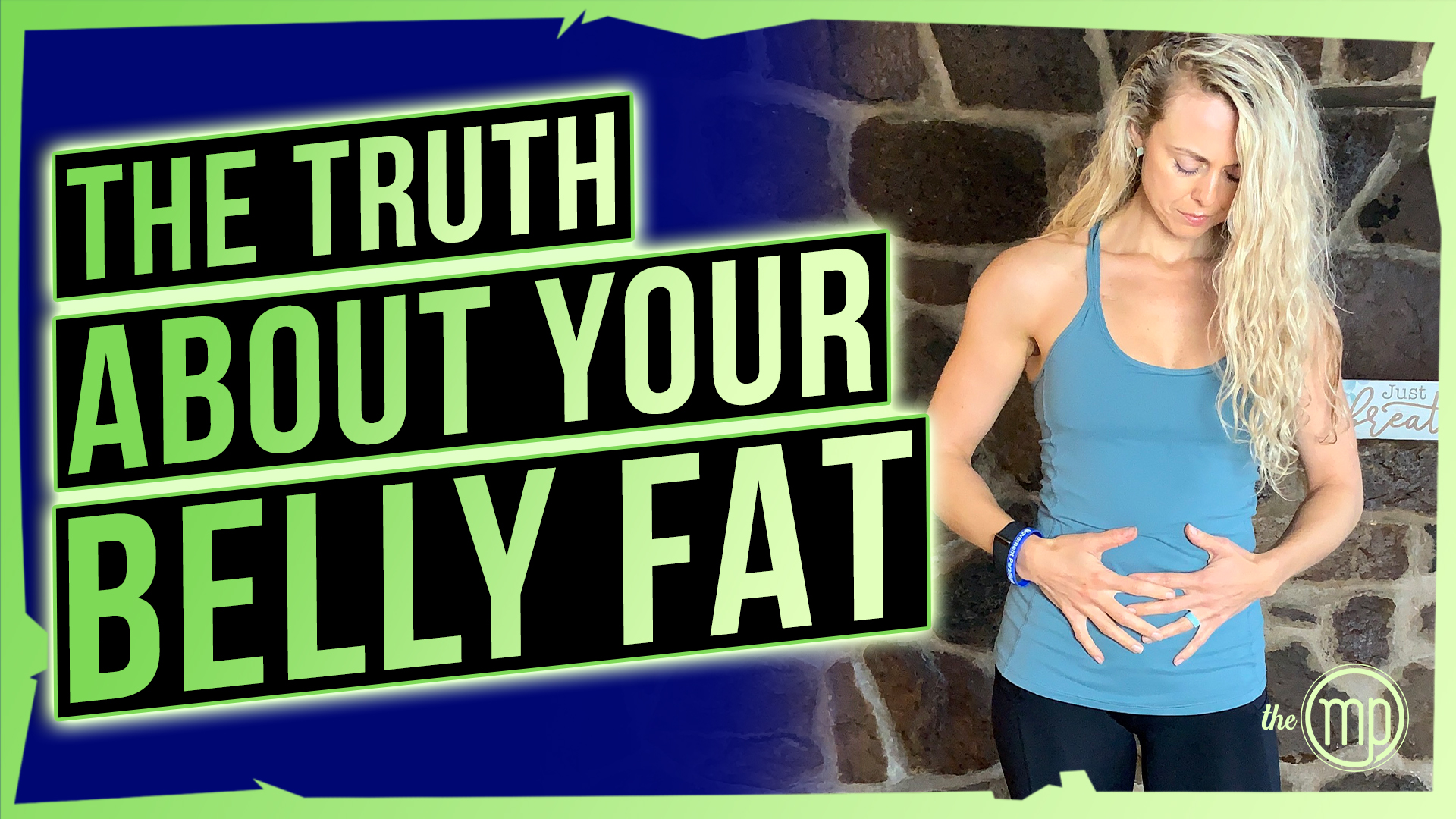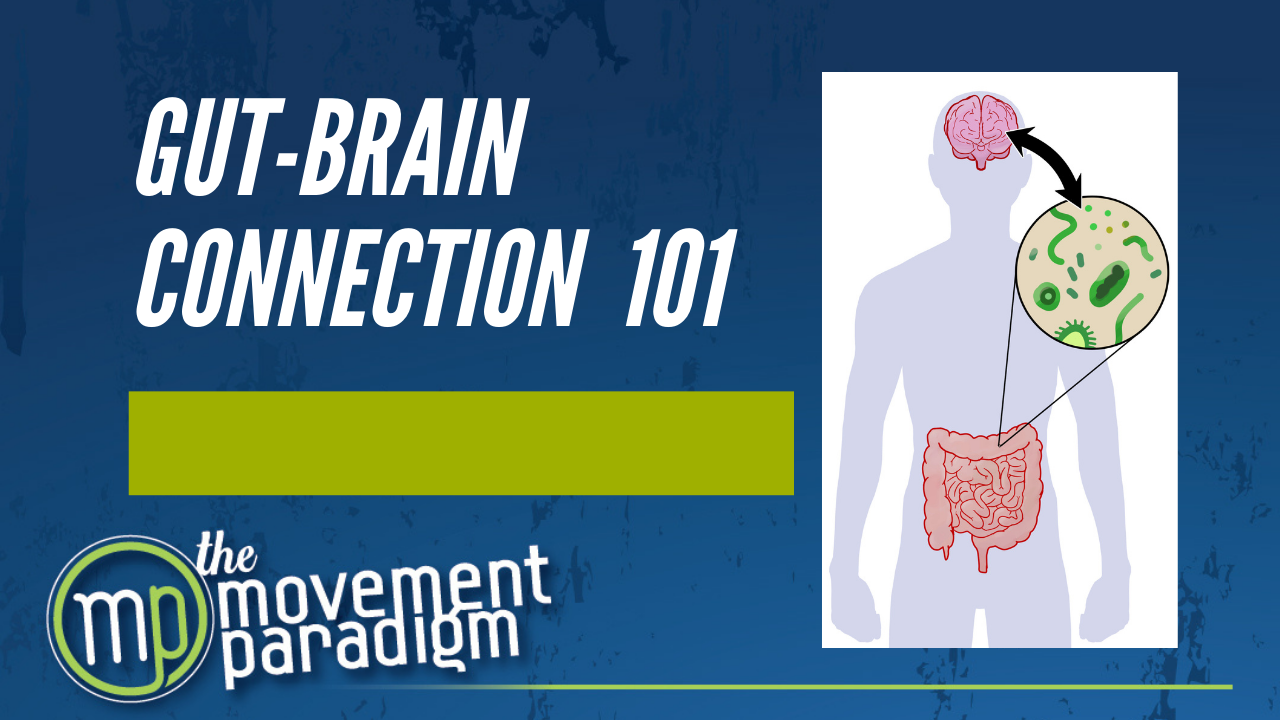Have you heard about SIBO (small intestinal bacterial overgrowth) or perhaps you’ve been diagnosed with IBS (Irritable Bowel Syndrome) but you don’t know what to do about it? You may be wondering if this is the cause of your digestive issues? Is this what’s making you feel so terrible? Let’s start by saying that SIBO is very complex and there is not one easy roadmap to treat SIBO. It is really important to understand what it is, the anatomy behind it, the risk factors, some of the symptoms that you could experience, and most importantly, the underlying causes. SIBO is exactly what it sounds like, an overgrowth of bacteria in the small intestine. It is not necessarily an imbalance between the good and bad bacteria, although it can be pathogenic, it is in essence, an overgrowth. The small intestine is meant for digestion and absorption of nutrients, where the large intestine is meant to house our beneficial bacteria. When we have a backflow of this bacteria into the small intestine, that’s when we can begin to overpopulate and have an overgrowth.
Let’s go over some brief functional anatomy so that you understand what’s happening. When you start chewing your food, you produce salivary enzymes to help begin the digestive process. The food is then passed through our esophagus, i.e. the food pipe, into the stomach. The stomach begins to produce hydrochloric acid (HCL) to break down the food even further. We have our gallbladder that releases bile to help break down the food moving into the small intestine. Our pancreas is also releasing enzymes to help further break down this food. Once the food moves into the small intestine which is 18 to 25 feet long, so it’s not small, digestion and absorption of nutrients occurs. The small intestine connect into our large intestine. There’s an ileocecal valve that prevents any backflow. From here, we then move the food into our rectum for waste removal. We can think of the large intestine as the house for the good bacteria and our storage for waste and excretion.
What symptoms can you have with SIBO?
One of the most frequent complaints is bloating. This is when the gases build-up from the bacteria eating the food. When the gas is releases, it causes pressure or distension in the abdomen. The small intestine is not made for any kind of buildup. When this buildup occurs and we’re not able to process it or digest it properly, this is when you can begin to have symptoms of nausea and acid reflux. The other two symptoms that are very common are constipation and/or diarrhea. You may have both and it could be alternating, or you could gravitate more towards one or the other. This can often be referred to as SIBO-C or SIBO-D. In addition to all the common digestive complaints associated with SIBO such as constipation, diarrhea, acid reflux, cramping, and abdominal pain, you can also have other health issues. This can range from skin issues to significant fatigue to anxiety or depression, and the list goes on.
What are the risk factors for SIBO?
1. Disease states. That can be an autoimmune disease or any other chronic disease that can be a driving factor.
2. Surgery. Specifically abdominal surgeries that create adhesions from scar tissue. This can impact the motility of the small intestine.
3. Medications. This can be any kind of pharmaceutical drugs or antibiotics that you may have been taking, chemotherapy, etc. All of these can drive SIBO.
Now, what are the underlying causes of SIBO?
This is often much more difficult to figure out, and sometimes requires a lot of investigation. The underlying cause essentially is when the system fails. When this protection mode and the normal process of digestion is not happening the way that it should. This can happen for various reasons.
1. If we do not have the appropriate amount of stomach acid in the stomach to be able to begin to break down food properly.
2. If there is an enzyme deficiency, which means that you do not have the capability of being able to break down food and absorb the nutrients.
3. The immune system. Seventy percent of the immune system is in our gut specifically in the gut-associated lymphoid tissue (GALT). You can appreciate that if this system begins to fail and our immune system becomes more heightened, this can be an underlying cause of SIBO.
If you have IBS or have chronic digestive issues, you may look into this as a possible cause. You can get tested for SIBO here.
If you need help on your journey to better health, contact [email protected] to schedule a FREE 15 minute virtual consultation.
For more content, make sure to subscribe to our YouTube channel here.



